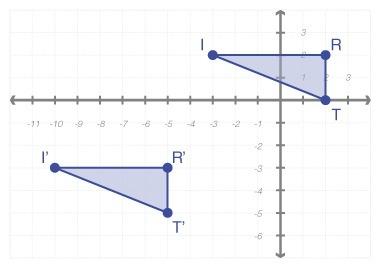
Mathematics, 17.09.2019 21:00, yassinesayedahmad1
Unlike a decreasing geometric series, the sum of the harmonic series 1; 1=2; 1=3; 1=4; 1=5; : : : diverges; that is, 1x i=1 1 i = 1: it turns out that, for large n, the sum of the rst n terms of this series can be well approximated as xn i=1 1 i ln n + ; where ln is natural logarithm (log base e = 2: 718 : : : ) and is a particular constant 0: 57721 : : : . show that xn i=1 1 i = (log n): (hint: to show an upper bound, decrease each denominator to the next power of two. for a lower bound, increase each denominator to the next power of 2.)

Answers: 3
Other questions on the subject: Mathematics

Mathematics, 21.06.2019 18:00, WonTonBagel
You paid 28.00 for 8 gallons of gasoline. how much would you pay for 15 gallons of gasoline?
Answers: 1

Mathematics, 21.06.2019 19:20, docholiday
Math each whole number with a rational, exponential expression
Answers: 1

Mathematics, 21.06.2019 23:30, heavenwagner
The volume of a box varies directly with its length if a box in the group has a length of 30inches and k=24 what is its volume
Answers: 1
Do you know the correct answer?
Unlike a decreasing geometric series, the sum of the harmonic series 1; 1=2; 1=3; 1=4; 1=5; :...
Questions in other subjects:

Social Studies, 10.09.2021 14:00


Mathematics, 10.09.2021 14:00


Mathematics, 10.09.2021 14:00




Mathematics, 10.09.2021 14:00

Mathematics, 10.09.2021 14:00







